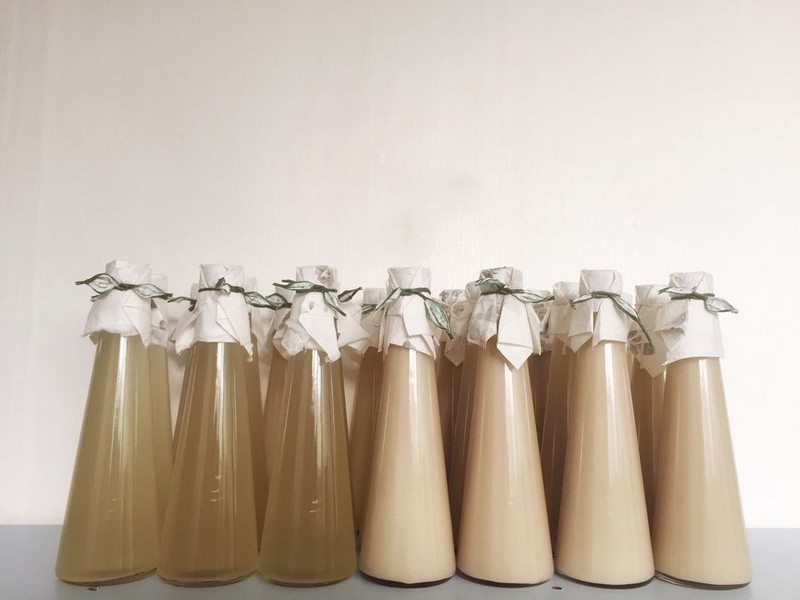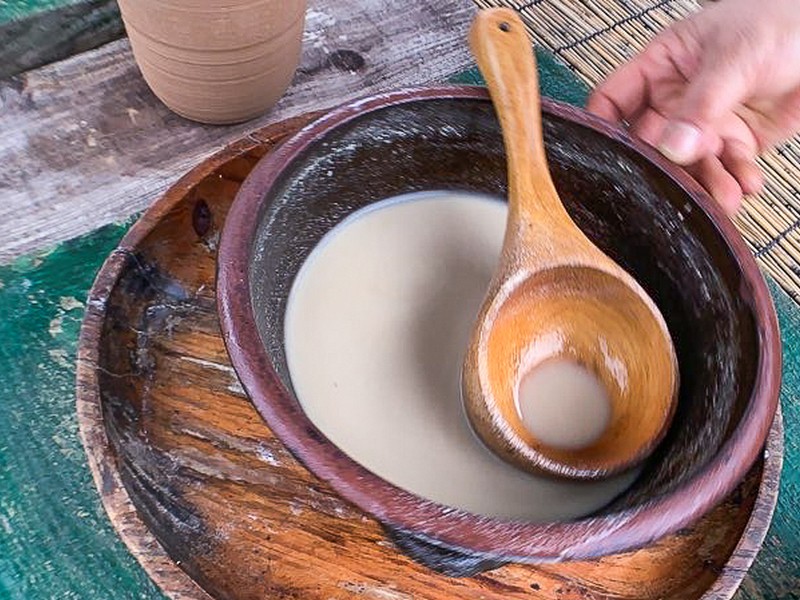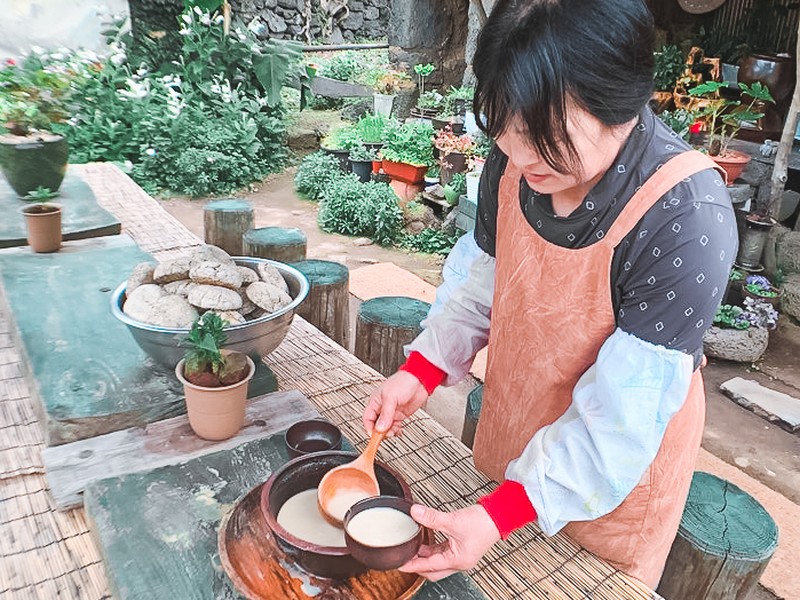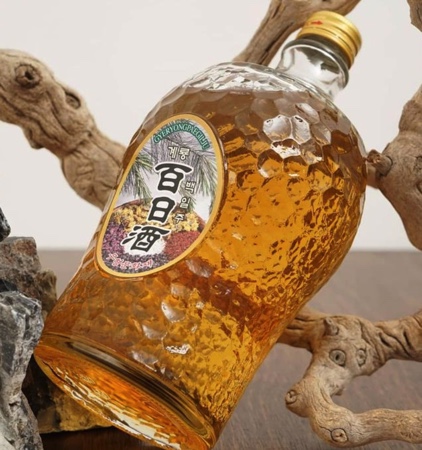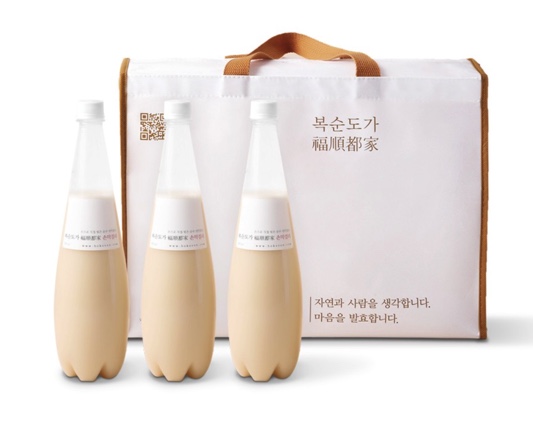KOREA | NETHERLANDS | GLOBAL
Where to Buy Nuruk Online: Korea Edition
Getting ready to brew some makgeolli? Trying to get all of the ingredients to brew makgeolli together? Just finding nuruk is a feat unto itself. If you’re in Korea and looking to brew makgeolli, let us help you find the nuruk online. It’s easier than you might think.
Without a doubt, the most frequently asked question at The Sool Co, or even to me personally, is where can we buy nuruk? It’s a fair question, as no nuruk means no makgeolli. If you’re outside of Korea the quest can be much harder, requiring much internet sleuthing and possibly badgering the local Asian grocery mart.

Luckily for any brewers who find themselves currently in Korea, we have a lot more options when it comes to purchasing nuruk. Back when we first got started brewing, we were limited to only a few options. These days with the popularity of homebrewing on the rise, we now have a lot more varieties to play with.

Below you will see a list of the common nuruk varieties that you can now find on various internship shopping sites. Copy the Korean name of the strain you’re hoping to use and paste it into your shopping site of choice to see if they carry it. We tend to have good luck with Coupang, but the sites change and update all of the time, so see what you can find out there.
Where to buy nuruk online in Korea
1: Songhak Soyulgok – Korean Wheat
Definitely a staple in our lab and pretty much any time we want to brew or experiment with a new recipe, we use Soyulgok made by Songhak. It’s arguably the most reliable and consistent option as far as nuruk goes, and many breweries that don’t yet make their own nuruk in-house will use Songhak. The green packaging is Korean wheat and it can be found in many sellers on the internet. We use this seller most consistently for price, but a quick search of 소율곡 송학 누룩 will get you plenty of bulk sellers for your needs. As of 2020, expect prices per kilogram to be around 6 – 8,000won plus shipping.
2. Songhak Soyulgok – American Wheat
No your eyes are not deceiving you, it’s the same brand as above, but in a pretty yellow colour. Soyulgok has two varieties, using either domestic Korean or imported American wheat. Back in the day we were curious about the difference, so we ran side-by-side brew tests in the lab. Of course there are many variables in brewing so we can’t say for sure, but we didn’t notice a discernable difference. As such, we use Songhak Green or Yellow interchangeably, often comparing prices. These days imported wheat is noticeably cheaper at between 3,800 – 5,000won per kilogram. So if you’re on a budget, American wheat will go further.
3. Geumjeong Sanseong Nuruk
If you’ve ever been to Busan, you might have heard of Geumjang mountain or the makgeolli in the yellow bottle ‘Geumjeongsanseong Makgeolli’. Nuruk in Busan is made very differently due to weather and humidity conditions. Instead of the thick cake shape, the process involves flattening the wheat into a thin pizza shape. This allows the moisture to escape easily during the drying and curing stage, but as a result often has a higher lactic acid bacteria content. Brewing with this nuruk can, therefore, impart a more tart, citric or acidic element to your brew. A kilogram of Geumjeong Sanseong Nuruk will set you back between 9 – 10,000won plus shipping.
4. Jinju Nuruk
When we first started at Susubori, we had two options to brew with: Soyulgok or Jinju Nuruk. It was known at the time that Jinju would give you some more pronounced acidity or sourness, while Soyulgok was more subtle and mild. We had fun playing with the two, but there was a period where the consistency of Jinju was becoming too unpredictable. Eventually, as we are a lab running classes and training, we moved to using Soyulgok exclusively. That was about 7 years ago though, so when we saw Jinju for sale in Coupang, you can bet we put it in the cart for some experiments! Prices for Jinju range between 9 – 10,000won plus shipping.

5. Hwawang Sanseong Unbroken Wheat Disc
Sometimes you just want the satisfaction of breaking up a disc of nuruk yourself. Hwawang Sanseong Nuruk is a magical place that makes all different styles of nuruk, from wheat and barley to rice and mung beans. If you’re in the zone to do a bunch of nuruk comparisons, this store has an arsenal of options to suit your needs. Made in traditional methods in Gyeongsang-nam do, this is the straight course wheat nuruk in its original unbroken mold. One kilogram cake will set you back 7,000won plus shipping.
6. Hwawang Sanseong Iwhagok (ground rice nuruk)
Ok so we aren’t quite done with Hwawang Sanseong. If you have taken our classes and learned how to make ‘Gummeong ddeok’, you know about the power of making Iwhaju – an alcoholic yogurt. But in order to make this delicious boozy dessert treat, you need finely ground rice nuruk. While we have been long fans of Sulsaem Iwhagok which you can find at their website here, This is also a great option. You can brew with it as well if you’re looking for gluten-free alternatives. A kilogram runs for 13,000won plus shipping.
7. Seonggwang Jaeguk – Koji / Ipguk
The word ‘Rice Nuruk’ gets used a lot, so it’s important to read up a bit about how the product is made to know what you’re getting. There are wild fermentation methods like the one above, and inoculations with specific strains more similar to Koji or ‘Ipguk’ in Korean. Ipguk can be more stable, but it can also be more simple in flavour and lack complexity. 500g will cost 5,500won plus shipping.
Have you tried using any of the above nuruk in your brewing? Share your experiences.
Visiting Korea Soon?
Check out our brewing classes and other experiences in our space in Seoul.
Read more…
Seoul International Wine & Spirits Expo 2020
It’s pretty clear that summer is upon us, and we are approaching the season of air conditioning. With some new…
Buying Sool Online: The Cheongju / Yakju Edition
What better time than during Social Distancing to expand your sool tasting horizons! There are a lot of traditional Korean…
Buying Sool Online In Korea: The Makgeolli Edition
Living in Korea? Do you know how many traditional Korean alcohol options you can get delivered straight to your door?…


